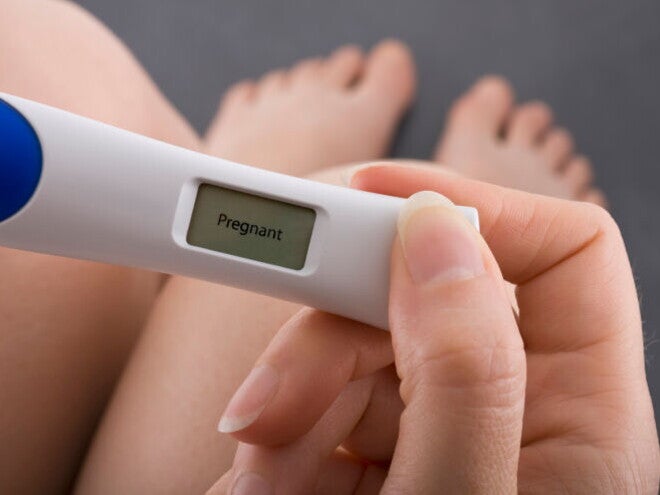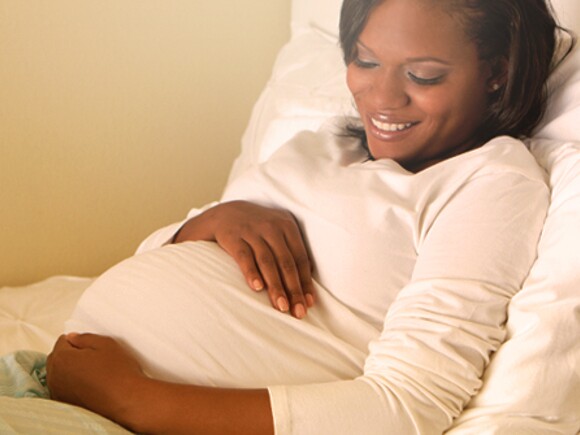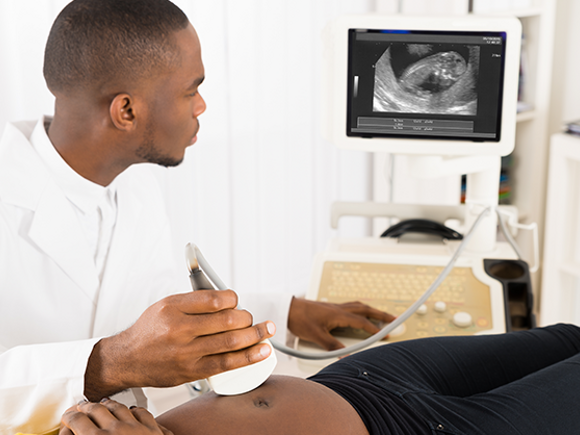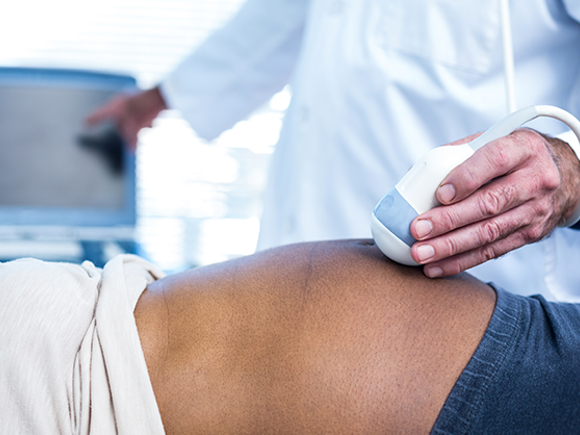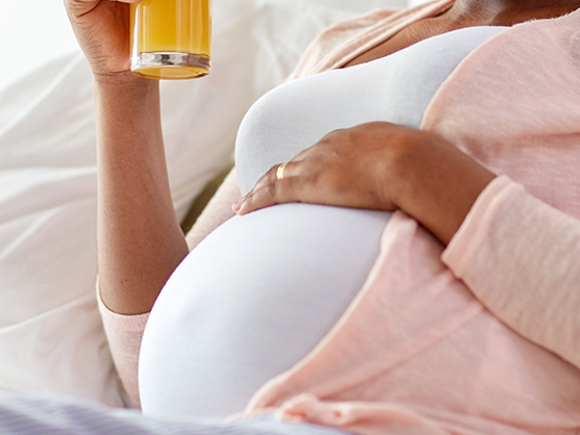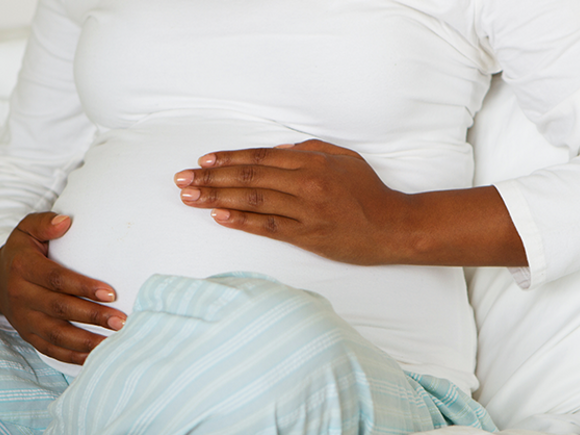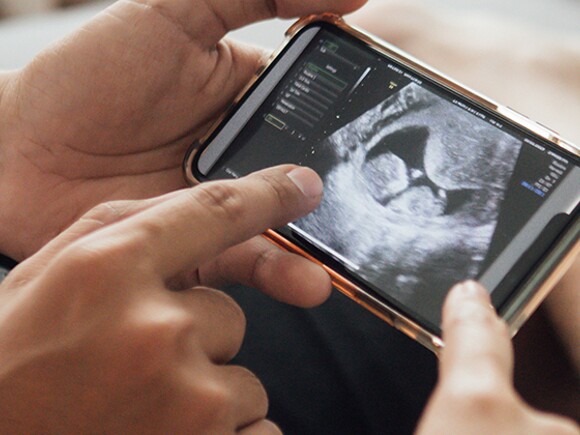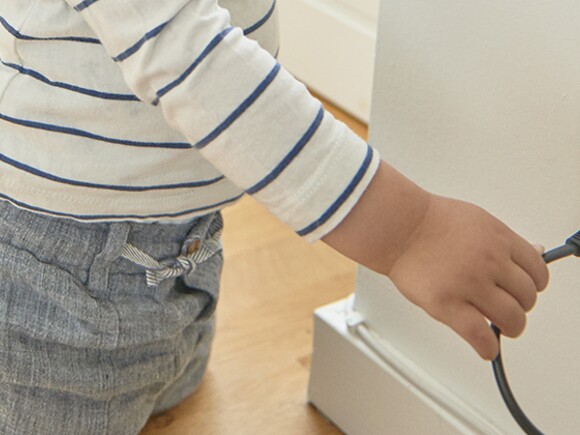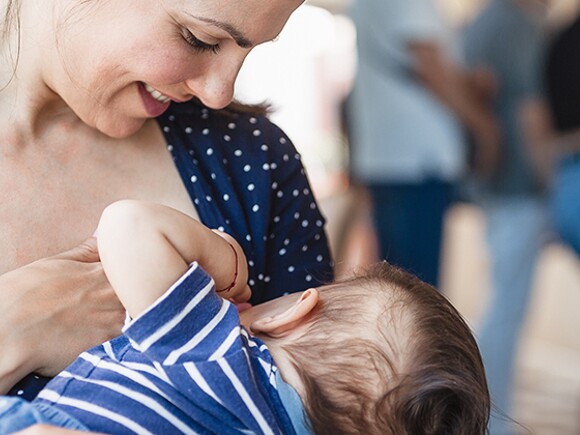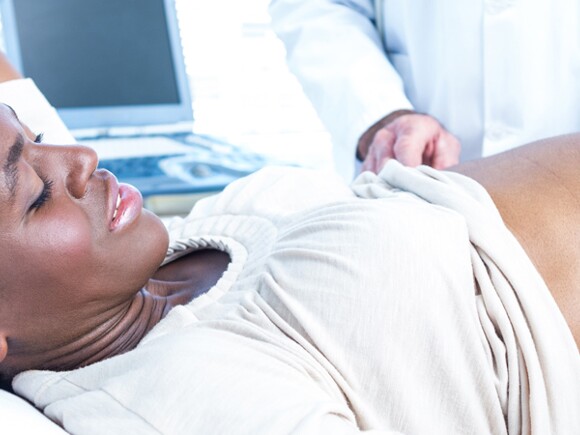Home pregnancy tests
Home pregnancy tests are available from pharmacies and give you a result in just five or so minutes.
How do they work?
About 11 to 14 days after conception – or about a day after a missed period – a urine test can detect the pregnancy hormone hCG (human chorionic gonadotropin).
Are they accurate?
While home pregnancy tests are fairly accurate, they can sometimes give you a false result, so it’s a good idea to repeat the test a week later to double check. Follow up with your healthcare practitioner if you test positive – or if you aren’t sure about the result.
Tips for a more accurate result
• Read the directions on your test before you start and follow them carefully.
• Don’t drink too much fluid beforehand as it can dilute your HCG levels.
• Test your urine first thing in the morning when it’s most concentrated.
• If you test negative but you are still unsure, make an appointment to see your doctor. A pregnancy test conducted by your doctor is more likely to be accurate than a home pregnancy test.
My test is positive? What next?
It’s time to see your doctor to confirm your pregnancy and for a prenatal check-up!
Your doctor may take a blood sample, to test for the presence of hCG, which can be detected as early as 11 to 14 days after ovulation. They can also test the exact amount of hCG in the blood which can give you an early indication of how far along you are in your pregnancy.
The doctor may also give you a urine pregnancy test, which is similar to the home pregnancy test kit you may have used. Depending on your needs, your doctor may also give you dietary advice and prescribe dietary supplements. They will also organise any other relevant tests to check everything is on track for prenatal care.
Unless there are complications, you are likely to see your doctor once every 4-6 weeks until 28 weeks of pregnancy, fortnightly until about 36 weeks, and weekly or fortnightly thereafter. During these visits, your doctor will record your weight, blood pressure, test your urine & baby’s growth. Be sure to highlight any problems or concerns you may have along the way.
Ultrasound scans
The first scan most women have is around 11-13 weeks into the pregnancy. The ultrasound scan will help your doctor determine the location of the pregnancy (whether or not it is in the womb), ascertain whether you’re having more than one baby, assess the size of the pregnancy (to reliably work out the due date of your baby) and check baby’s heartbeat. Certain abnormalities, such as an increased amount of fluid around the back of babies neck (nuchal translucency), which may be a sign of Down’s Syndrome, may also be detected at this stage.
A detailed screening scan at about 20-22 weeks’ gestation will help detect structural abnormalities. Abnormal development of the brain, heart, limbs and other organs can be detected at this stage.
Other tests
Women in certain high-risk groups may require other specific tests. Your obstetrician will discuss these tests with you. For example, some women may require testing for diabetes. If you are assessed to be at high risk of having diabetes, a pregnancy oral glucose tolerance test may be required. You will have to fast overnight for this test. A blood sample will be taken to test your sugar levels and is then taken again one or two hours after consuming a glucose containing drink.
A vaginal swab may be taken to test for the presence of certain bacteria. One of these, Group B Streptococcus, is potentially harmful to baby and you will require antibiotics during labour if you are found to have it.
Every expectant mother has her own set of unique characteristics and needs. Every pregnancy is different and there is no such thing as a standard protocol of care for every woman. It is likely that your antenatal care differs from that of your friend’s. Please be sure to use your clinic visits to ask for information regarding your health, your pregnancy and delivery.
3 tips for your appointment
Seeing your doctor is not just about confirming your pregnancy or having routine tests to make sure you and your baby are off to a good start. It’s also an opportunity to ask questions and get your head around what lies ahead. Make the most of your time with your doctor with these simple tips.
1. Be prepared
Once your tests and scans are complete make sure you bring them with you to any other specialist appointments. Don’t forget to ask lots of questions and write the answers down, often there is a lot to take in when you first find out you’re pregnant, writing things down will help you remember everything later.
2. Be proactive
Make a list of the things you’d like to talk about in order of priority. Don’t be afraid to bring up your concerns – discussing everything with your doctor is a good idea as even small things can have significant effects on your health.
3. Concentrate on the appointment
Turn off your mobile so you won’t be distracted.
Join
Get full access to expert-backed nutrition support
Nutrition
Learn about nutrition at your own pace
Nutrition experts
Contact our nutritionists at any time to answer your main questions about nutrition
Tools
Try our tailored practical tools

